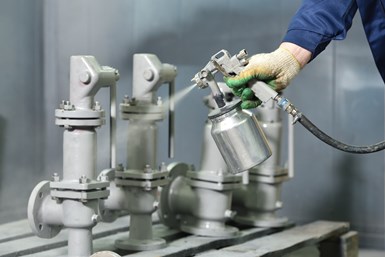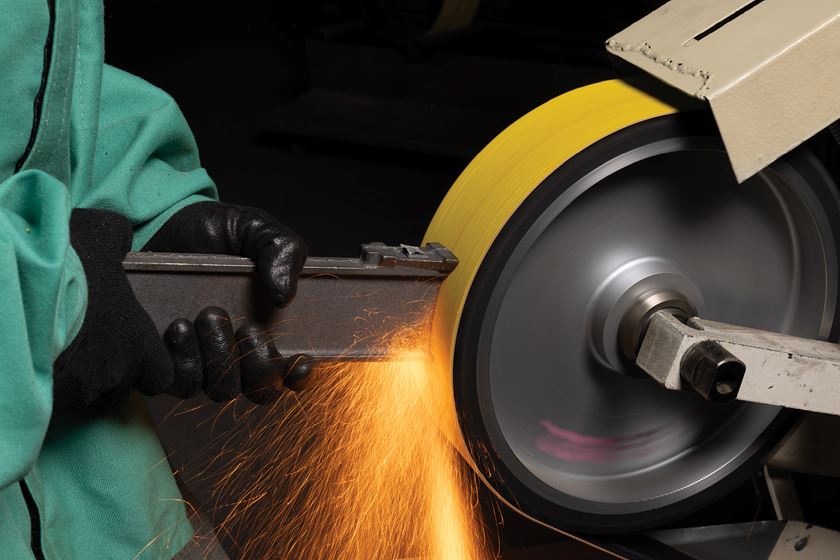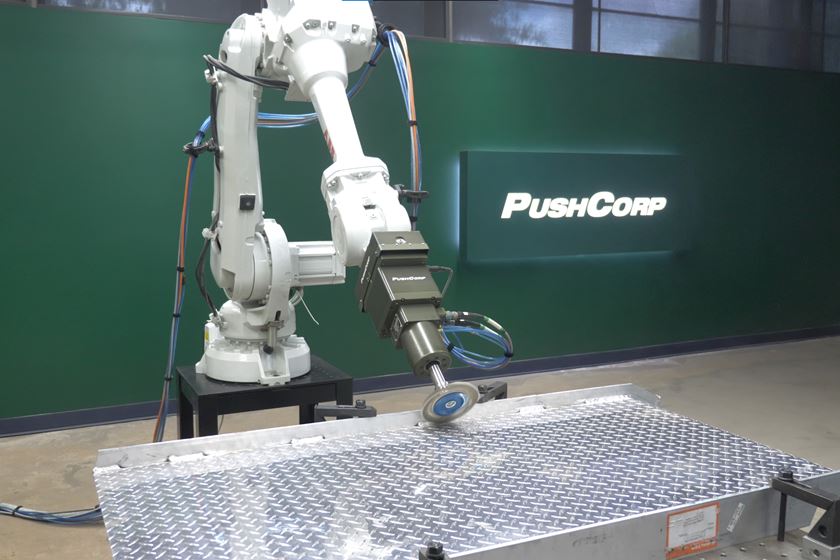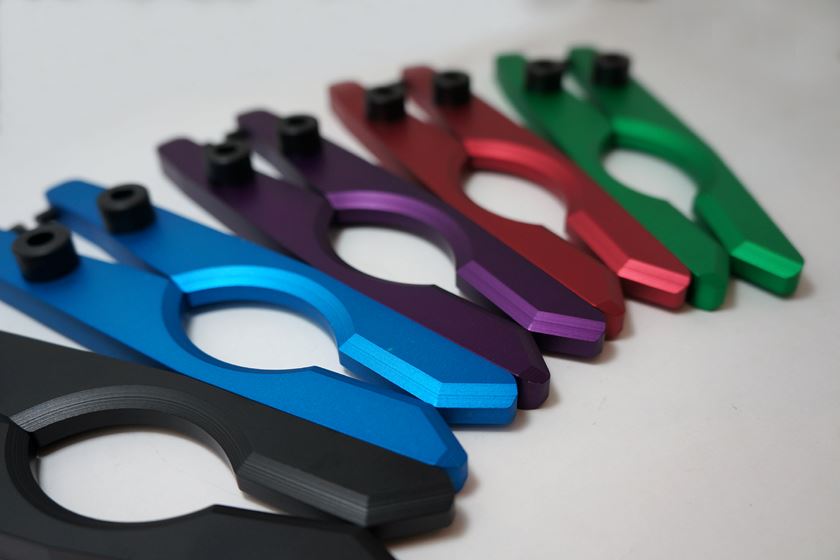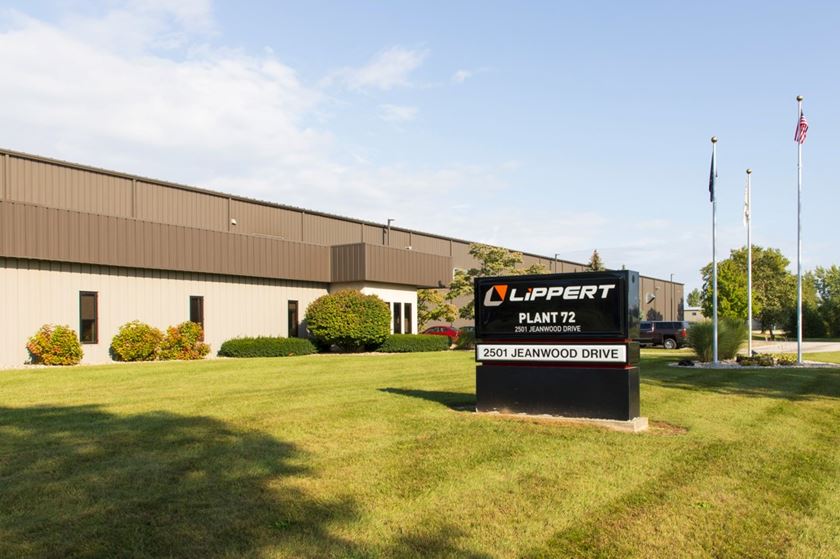Corrosion-Inhibiting Additive for Water-Based Paints
Cortec Corporation’s M-120 can be used alone or in conjunction with traditional corrosion inhibitors or pigments to maximize the corrosion inhibiting ability of the paint.
Cortec Corporation (White Bear Lake, Minnesota) enables formulators to add Cortec Micro-Corrosion Inhibiting Coatings to their own paints at any stage of the production process with M-120 corrosion-inhibiting additive for water-based paints.
M-120 does not contain any heavy metals or zinc; rather, it relies on Cortec VpCI (volatile corrosion inhibitor) amine-carboxylate-based technology to form a microscopic corrosion-inhibiting layer to protect metals at the microcavity level. This is where traditional inhibitors leave microscopic gaps due to their large relative particle size. According to Cortec, M-120 helps fill in the gaps and can be used alone or in conjunction with traditional corrosion inhibitors or pigments to maximize the corrosion-inhibiting ability of the paint.
While water-based coatings present environmental advantages, such as the replacement of solvents with low volatile organic compound (VOC) paint options, Cortec says they also have inherent complications. For example, in-can corrosion is a common problem for water-based coatings that sit in a can unused for an extended period of time. M-120 contains both contact and vapor-phase protection, meaning it offers corrosion protection inside the can above and below the level of the paint.
Another benefit of M-120 is its ability to reduce scribe creep due to its micro-corrosion inhibiting technology. Scribe creep is a standard test method used to measure corrosion when coated panels undergo salt spray or humidity testing. Any chip or minor damage to a coating can create a corrosion starting point from where rust can easily begin to spread underneath the coating and cause coating failure. If the rust does not creep very far from the coating scribe during testing, the additive/coating has a better chance of avoiding this type of coating failure in the field.
M-120 can be added to many types of water-based resin systems, including epoxies, urethanes, acrylics and alkyds. It provides corrosion protection for both carbon steel and aluminum. It is also said to be very easy for formulators to mix into their coating to boost the level of corrosion protection at any phase of manufacturing, unlike many inhibitors that cannot be post-added.
RELATED CONTENT
-
Zinc Phosphate: Questions and Answers
Our experts share specific questions about zinc phosphate and pretreatment
-
Painting Over Powder Coating
How safely can they apply their wet paint over our powder coated parts?
-
Coating Thickness Measurement: The Fundamentals
A review of available test methods, common applications and innovative instrumentation...



